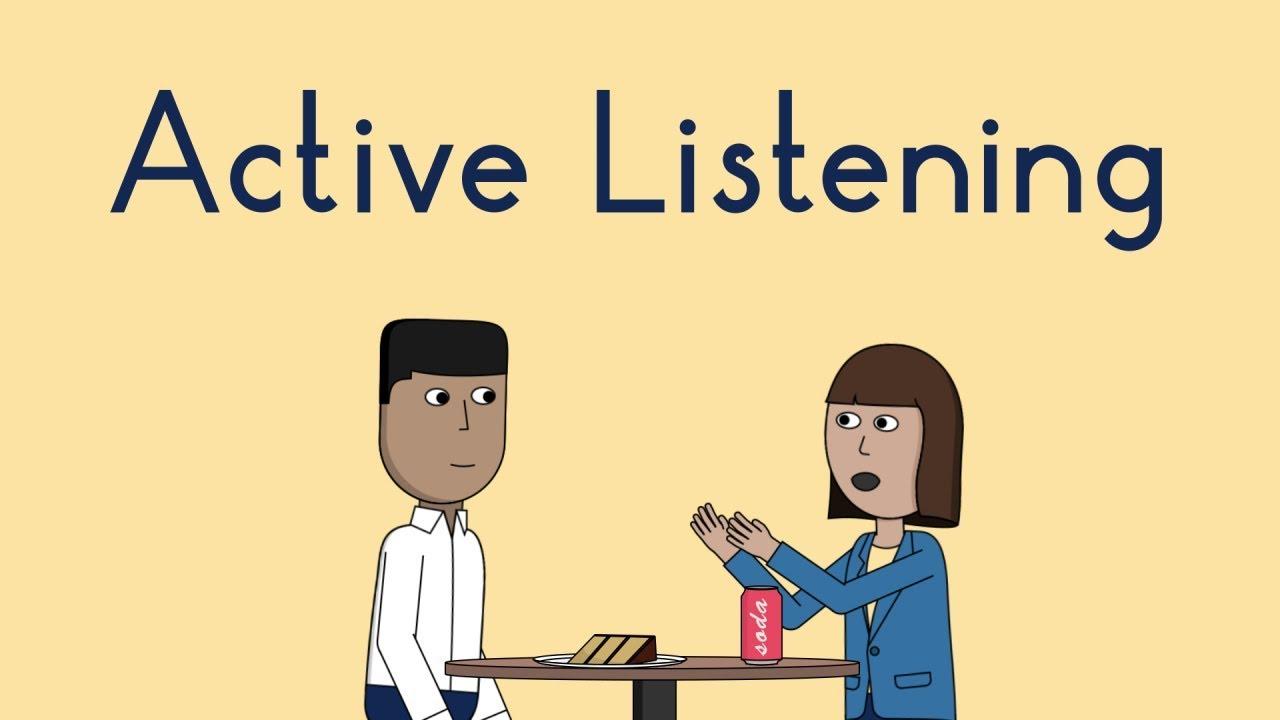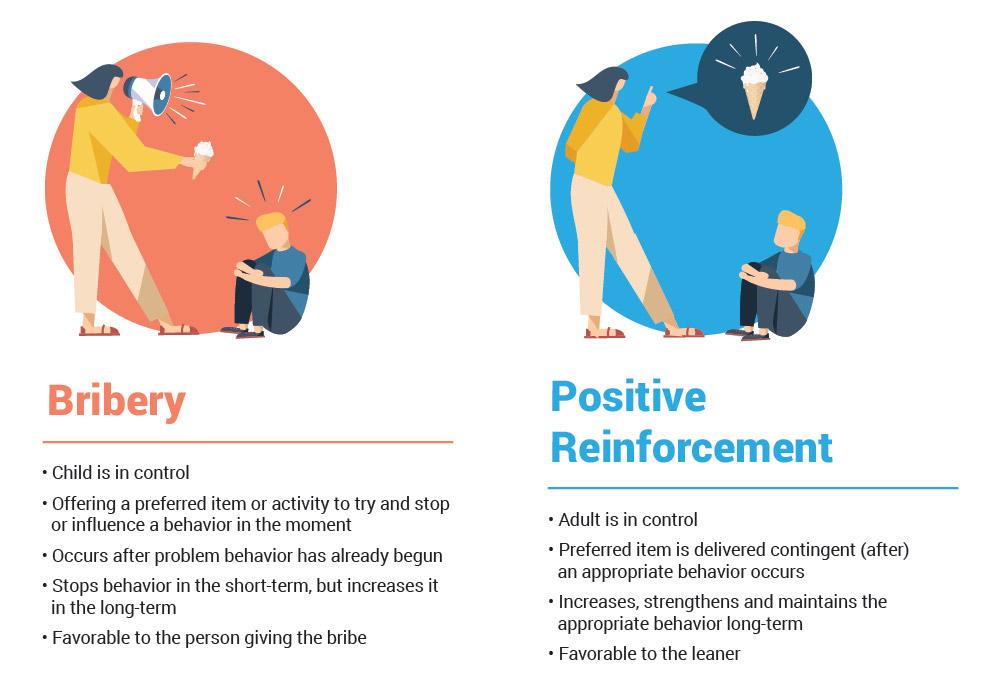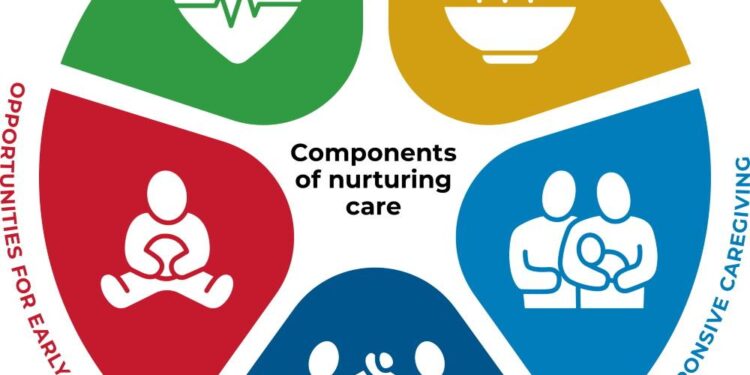Communication is the key to building strong and lasting relationships, and this holds true even for the youngest members of our families. Nurturing clear communication in young kids not only helps them express their thoughts and emotions effectively, but also strengthens the bond between parent and child. In this article, we will explore the importance of clear communication in the early stages of a child’s development, and provide tips on how to foster this essential skill in your little ones. Let’s embark on this journey together, hand in hand with our children, towards nurturing open and honest communication that will lay the foundation for a strong and healthy relationship.
Establishing a Foundation for Effective Communication
Effective communication is a vital skill that begins to develop at a young age. By nurturing clear communication in young kids, we can help them establish a strong foundation for effective interaction with others. One key aspect of fostering communication skills in children is through active listening. Encouraging kids to listen attentively and respond thoughtfully can help them understand the importance of communication in building relationships. Another important way to nurture clear communication in young kids is through encouraging open dialogue. Creating a safe and supportive environment where children feel comfortable expressing their thoughts and feelings can help them develop confidence in their communication abilities. By focusing on these foundational elements, we can help set our children up for success in their future interactions.

Encouraging Active Listening and Empathy
One of the most important skills we can teach our young children is the art of active listening and empathy. By fostering these qualities early on, we can help them become better communicators and more understanding individuals. Encouraging them to truly listen to others allows for clearer communication and deeper connections. Here are some fun and interactive ways to nurture these skills in your child:
- Practice Turn-Taking: Encourage your child to take turns speaking and listening during conversations or games.
- Use “I” Statements: Teach your child to express their thoughts and feelings using “I” statements, such as “I feel happy when…” or “I get upset when…”
- Role-Playing: Engage in role-playing scenarios where your child can practice active listening and responding with empathy.
- Reflective Listening: Encourage your child to reflect back what they have heard to show understanding and validate the speaker’s feelings.

Utilizing Positive Reinforcement and Constructive Feedback
When it comes to nurturing clear communication in young kids, positive reinforcement and constructive feedback are essential tools for parents to utilize. By providing praise and rewards for good communication skills, children are encouraged to continue practicing and improving their abilities. Additionally, offering constructive feedback in a gentle and supportive manner can help children understand how they can communicate more effectively. To create a positive and encouraging environment for clear communication, parents can:
- Use positive language and tone when addressing their child’s communication efforts.
- Provide specific examples of good communication to reinforce positive behaviors.
- Acknowledge and validate their child’s feelings and thoughts during conversations.
- Encourage open and honest communication by actively listening and responding to their child’s messages.

Creating Opportunities for Meaningful Conversations
Encouraging clear communication in young kids is essential for fostering healthy relationships and promoting personal growth. By , parents can help their children develop important social skills and emotional intelligence. One way to nurture clear communication is by actively listening to your child, showing genuine interest in their thoughts and feelings. Additionally, asking open-ended questions and providing a safe space for expression can encourage children to share their ideas and opinions freely. Engaging in enriching activities together, such as storytelling or creative play, can also stimulate communication and strengthen the parent-child bond. By prioritizing open and honest dialogue, parents can empower their kids to communicate effectively and build strong connections with others.
To Conclude
In conclusion, fostering clear communication in young children is essential for building strong and healthy relationships. By creating a safe and open space for them to express themselves, we can help them develop valuable skills that will benefit them throughout their lives. Remember to be patient, attentive, and encouraging as you guide them on this journey of self-expression. Together, let’s nurture a bond of understanding, trust, and love that will last a lifetime. Here’s to clear communication and happy conversations with our little ones!


